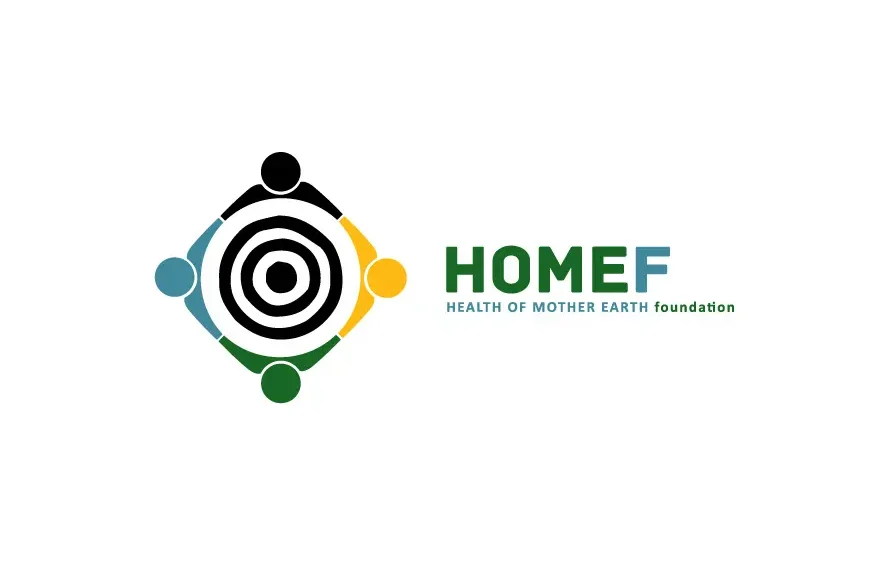Environmentalists Canvass Urgent Action Towards Addressing Threats To Nigeria’s Biodiversity By Edu Abade

A foremost group of environmental activists, the Health of Mother Earth Foundation (HOMEF), has canvassed urgent and foolproof actions to address threats to biodiversity in the country.
They stated this on the sidelines of this year’s International Day for Biological Diversity (IDBD), which is celebrated on May 22 every year with the aim of raising awareness, promoting issues around biodiversity and the significant reduction in biological diversity due to human activities.
The group lamented that in spite of the yearly ritual, humans’ insatiable drive for resources has exposed the nature of human relationships with their surroundings and natural beings around them as a tool for exploitation, stressing that the 2024 IDBD, with the theme: Be Part of the Plan, directly charges humans to live with due deference to nature.
The group which emphasized the importance of biodiversity, urged all human beings to move beyond promises and take concrete actions to halt the loss of biodiversity.
Executive Director of HOMEF, Dr. Nnimmo Bassey, stressed the need to preserve Nigeria’s biodiversity and reconnect with nature, saying: “We are the losers when we continually cheat on nature through extractive activities and intentional destruction of biodiversity. We must all consider ourselves as part of the plan to build a livable future where all beings coexist harmoniously.
“The continuous genetic alteration of our crops and livestock and pollution of our environment has direct implications for biodiversity and our quality of life. These continuously destroy what we once called the good life.”
A statement made available to journalists by the group’s Media and Communication Lead, ‘Kome Odhomor also quoted HOMEF Director of Programmes, Joyce Brown, as saying: “Biodiversity contributes to human well-being directly through the provision of foods, fuels and fibers and indirectly through its role in enhancing the ecosystem functions.
“Pollution from oil and gas exploration and extraction, climate change, invasive species, over harvesting of resources, and plastic pollution pose severe threats to Nigeria’s biological diversity. These are further compounded by Nigeria’s move to adopt modern agricultural biotechnology as a solution to food insecurity.”
“The adoption of GMOs, chemical fertilizers and pesticides, come at a great cost to biodiversity and the environment. GMOs thrive in monocultures and the use of chemical fertilizers and pesticides destroy non target but beneficial organisms including soil microorganisms, bees and other insects that are essential for maintaining the cycles of life.
“Biodiversity loss will continue to accelerate if we keep on the trajectory of genetic manipulations of our food and dependence on chemical fertilizers and pesticides. Further destruction of ecosystems and habitats will threaten our ability to sustain human populations.”
Brown highlighted solutions to biodiversity erosion to include improving waste management systems and better management of protected areas, including national parks, wildlife reserves and forest reserves, through improved governance, law enforcement, and community involvement.
“The Government should encourage adopting agro-ecological farming practices that promote biodiversity conservation, soil health, and sustainable agriculture. Also, the Government should develop and implement strategies for the prevention, control and eradication of invasive species that threaten native biodiversity in Nigeria. It is important to enhance monitoring and early detection systems to prevent the establishment and spread of invasive species, particularly in sensitive ecosystems,” Brown stated.
She pointed out that with the theme: Be Part of the Plan, it is time for humans to be active in environmental monitoring and reporting, exposing infringements to safeguard the environment, health, and overall well-being.
“The precautionary principle should be the bedrock of biosafety regulation. To address the climate and food crises, we must address their root causes. As a way forward, we must adopt solutions that work with nature instead of against it and promote systems that support the livelihoods of millions of people depending on them,” she added.










